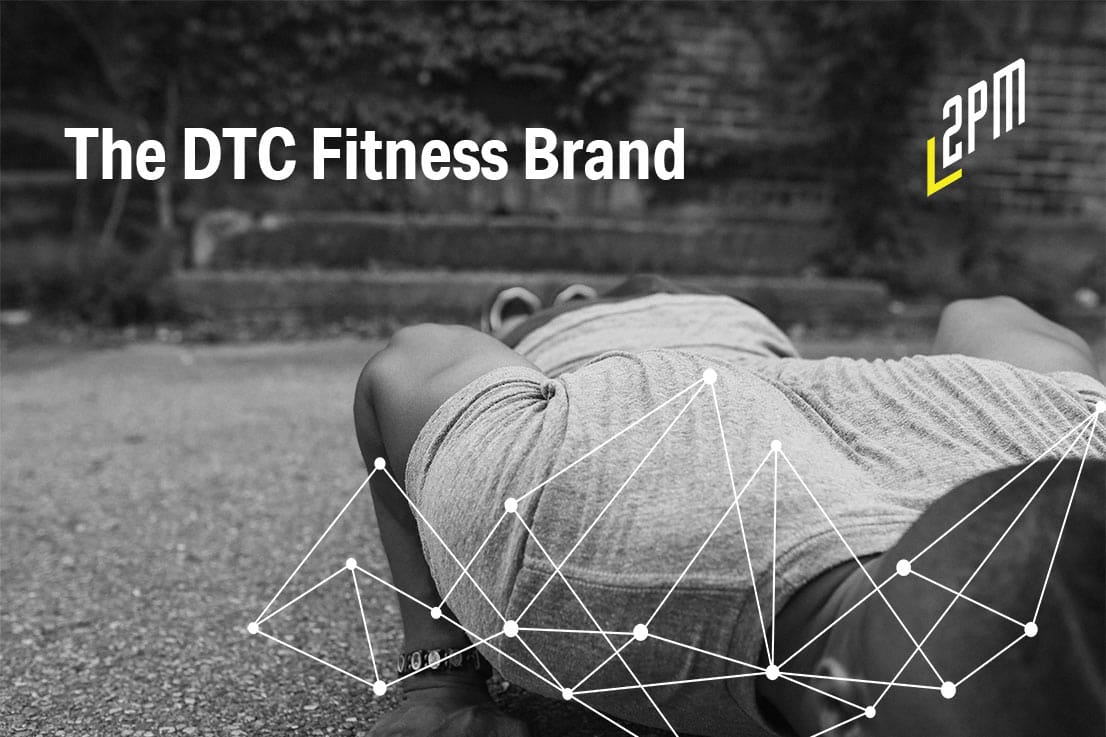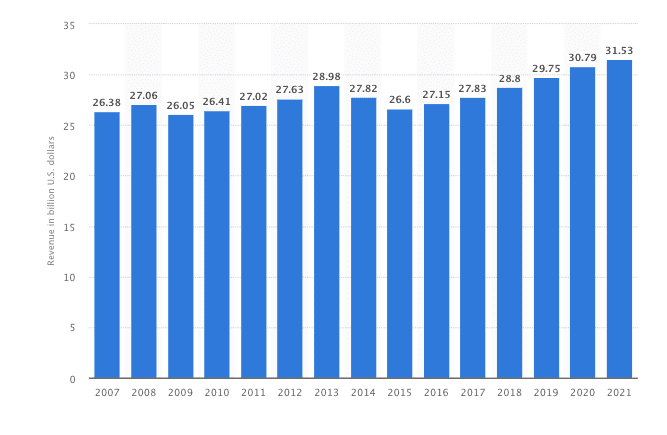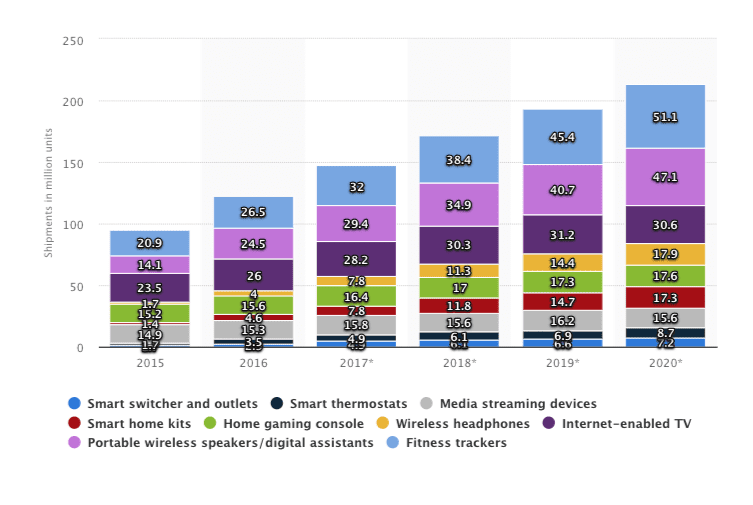
Silicon Valley wants to redefine the fitness membership. Through the adoption of connected devices like the Peloton bike, there’s been an inflection point as consumers seem to be trickling away from the current model. No longer do you have to drive to a place to be in a community. As Americans become more health conscious and driven to maximize performance, the DTC equipment industry is a timely bet on the next generation of fitness data-driven IoT (internet of things).
Venture-backed startups are taking the same page out of the direct-to-consumer playbook that became a launchpad for digitally vertical native brands.
Whereas the Fitbit-phase of wearables emphasized individual fitness, the next generation of connected devices seem to be incorporating community in ways that could emerge as a challenge to the status quo: community-driven fitness facilities. Venture-backed startups are taking a page out of the direct-to-consumer playbook, the same page used by digitally vertical native brands like Warby, Harry’s, and Away.
By building systems that allow community to be gained outside of physical retail outlets, these tools are aiming to become the new medium for instruction and training. These internet-enabled equipment manufacturers aren’t just selling plastic and metal, they’re selling virtual community. With the advent of polished functional fitness gyms like Orangetheory, Soul Cycle, and CycleBar, fitness consumers have grown to value the ability to: a) train with a group b) and track progress over time, with the use of a provided IoT device.
Zooming out of the studio and looking at the big picture, Orangetheory Fitness has 930 locations worldwide. Since it opened its first studio in Fort Lauderdale in 2010, there have been no closures. As a global franchise, CEO Dave Long reported that network-wide annual revenue is set to cross the billion dollar mark this year. Long’s vision is to open 300 new locations a year, as the brand aims to shift towards international expansion.
DTC fitness brands like Peloton are building brand equity by servicing the same needs but in the privacy of one’s home gym. Tonal and Mirror recently launched to add the same experience to the functional fitness experience. Get to know the growing list of players in the DTC fitness space:
Tonal’s practice of automatically assigning weights based on performance and encouraging exercisers to push their limits is both convenient and motivating — but could also be dangerous. The machine’s handles have buttons that release the weights, as well as an option for “spotting,” which will reduce the load if the machine senses it is too difficult.
Mirror’s screen gives exercisers cues to work harder or ease off based on their heart rate, while offering workout options tailored to a person’s injuries or pregnancy. Mirror also has the option for one-on-one training sessions, which use the device’s camera, for an extra $40 to $75.
Mirror and Tonal will likely endure the inevitable pushback. One look at the comments section of the New York Times feature and you’ll be reminded that fitness is a religion and equipment is often its proverbial scripture. However, Peloton avoided a lot of the initial pushback for several reasons:
- Peloton is firmly positioned as a luxury status symbol
- spin classes are easier to address by way of Peloton’s screen, the user is stationary.
- the average person who attends a spin class needs less instruction on safety and form. The average person who will begin a functional fitness regimen will need a considerable amount of instruction on safety and form.
Issue No. 265: Can a DNVB achieve modern luxury?
Peloton is not a traditional luxury product, but it shares consumers with traditional luxury brands. Think about the type of living arrangement necessary to house a wi-fi enabled bicycle or a $4,000 VR treadmill. It’s a brilliant piece of hardware that blends community with product and service. The brand’s proposition explicitly states that the purpose is to free the owner to focus more on experiences.
Peloton’s value proposition is as much about what you can accomplish away from the treadmill. Why take the time to travel to a gym? That time could be better spent elsewhere. This is the mark of a modern luxury brand.
Both hardware platforms will have its detractors but their early adopters, ease of use, and scalability (novice to enthusiast) will determine whether or not the products will achieve long-term viability.
2PM Data: the overall market


As interest in gym membership rises, in tandem, with the demand for fitness trackers, smart home kits, and gaming consoles – there’s been no better time to innovate in this space. But the tell will be whether or not platforms like Mirror and Tonal can build community around their equipment. Or whether products like Whoop can continue innovating on the droves of consumer data that they are receiving each day.
CEO of Mirror, Brynn Jinnett Putnam said to the New York Times, “We’re looking to be the next screen in people’s lives. We desire to be an immersive platform, not just a piece of gym equipment.” This quote is a lot to unpack. Whereas Tonal’s system excludes the need for outside equipment so they are directly competing with equipment manufacturers. But Mirror’s take is what Silicon Valley wants to hear; they are hoping that a screen and programming will unlock a greater use for your existing equipment. Only time will tell whether immersive platforms attract the attention of a very specific demo: the high maintenance, upper middle-class gym goer, with ample space in on their spare room’s fortified wall, a strong broadband connection, and a willingness to leave behind their existing fitness community for a purchased one.
If and when manufacturers like Mirror and Tonal figure this out, it could spell trouble for your gym. Spin franchises are already beginning to adjust to the threat of Peloton and as the threat of connected cycles continues to grow as also-has brands rise up in the wake of Peloton’s premium pricing.
Read the rest of the letter here.
By Web Smith | About 2PM

[…] 2PM has published on this […]